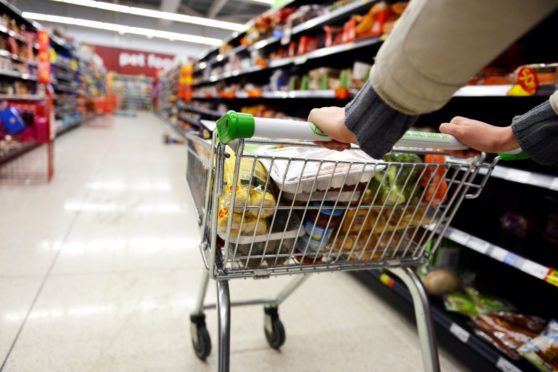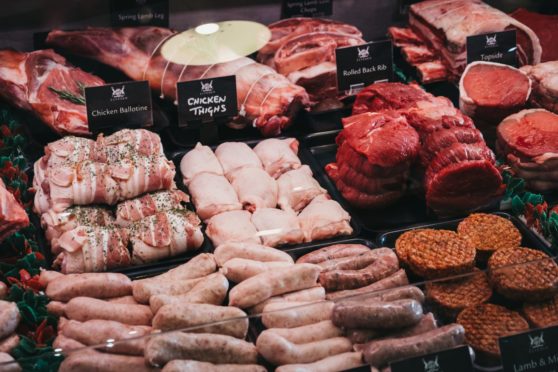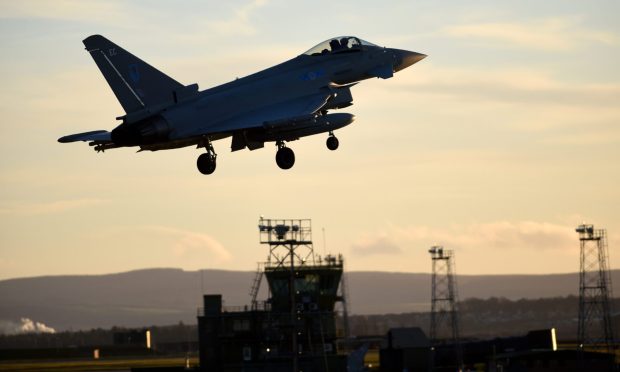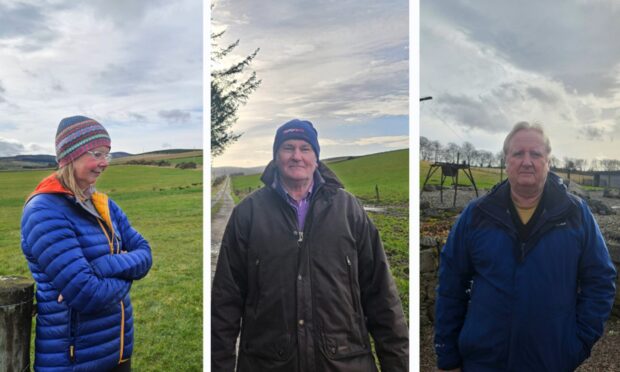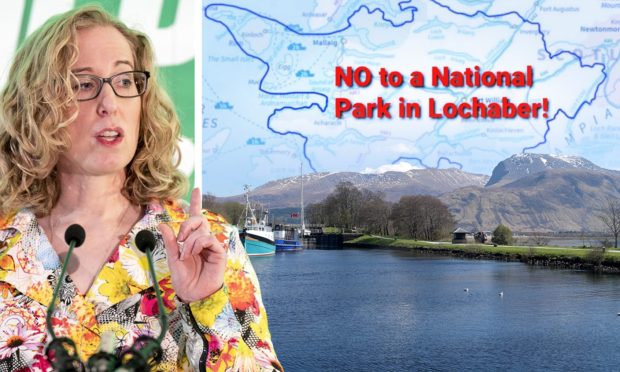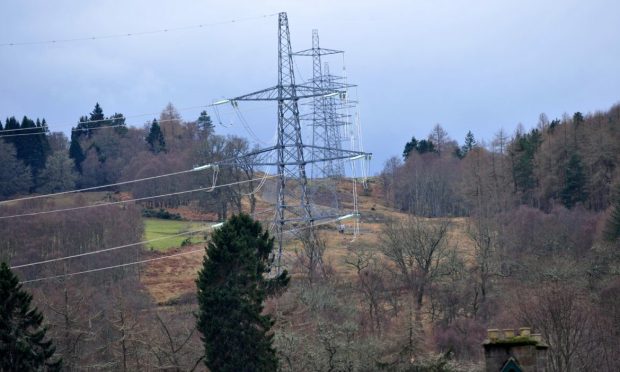The majority of Brits believe imported food should meet the same animal welfare and environmental standards as food produced in the UK, according to a survey.
Results from the survey, carried out by ComRes on behalf of the British Guild of Agricultural Journalists (BGAJ), show 77% believe imported food should be produced to the same standards as those maintained on British farms.
“The public’s attitudes towards food and farming standards remains clear and should serve as a reminder to government that safeguarding agriculture’s world-leading high standards should be a priority as ministers forge ahead with new trade deals,” said BGAJ president, Baroness Rosie Boycott.
She said the results show no change in public sentiment since the guild’s last survey, which was conducted before a Brexit deal was agreed.
“The public’s head hasn’t been turned by any alternatives in the slightest, despite the UK exiting the European Union,” added Baroness Boycott.
“It also indicates that the public would not support any free trade deal allowing Australia tariff-free imports on beef, lamb and sugar – an arrangement that would undercut farmers and set a dangerous precedent.”
Other survey findings
The survey also found 55% believe it is important that food is produced to a low carbon footprint – 14% disagreed – while 42% said they would be happy to pay more for food with a lower carbon footprint.
This was more evident with younger Brits – 48% of those aged 18-34 said they’d be happy to pay more, while 40% of those aged over 55 were in support of this.
Other survey findings include 49% saying they were more likely to buy British food as a result of Brexit, while 20% disagreed, and one third of shoppers agreed that they only buy food marked with the Red Tractor logo when at the supermarket.
Just over a third – 38% – said they always buy the cheapest option at the supermarket, and 35% said they did not, while 43% said they didn’t know enough about gene editing technology to feel confident about buying food produced using this technology.
The release of the survey results comes at a time when a UK-Australia trade deal is being considered by politicians.
At a House of Lords committee session, an Australian meat body representative said the country’s beef farmers were not wishing to compete against UK farmers, but instead compete with other exporters for a share of the British market.
